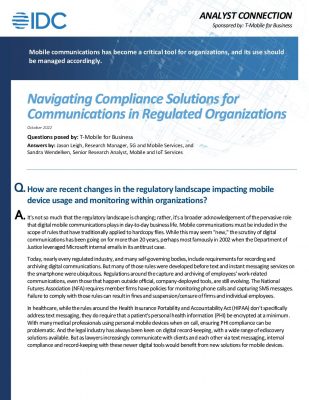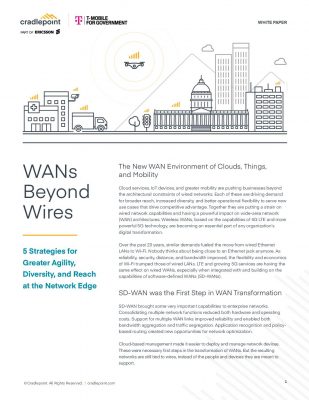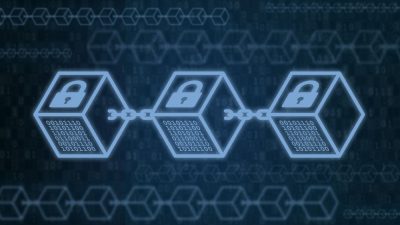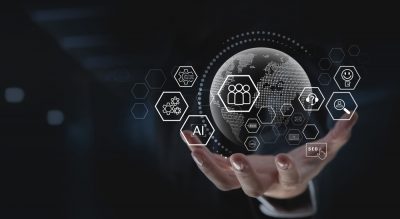Highlights:
- Ethical coding safeguards user data and ensures information confidentiality and integrity.
- Ethical coding reduces biases in algorithms and software, fostering a more fair and inclusive environment.
Coding, a potent tool of the digital age, holds the promise of creating transformative products and services, enriching lives, and revolutionizing industries. However, the potential of this tool, like any other, hinges on the ethical considerations that guide its use. The consequences of unethical coding practices can be profound, leading to compromised user data, privacy breaches, and the perpetuation of harmful biases within software systems.
Given these challenges, we comprehensively explore ethics’ vital role in coding. Let’s begin with the essence of ethical coding.
The Core of Ethical Coding
Coding is akin to conversing with a computer to execute tasks. Ethical coding prioritizes instructions that prevent harm, injustice, and inequity. It entails following a set of principles that encourage responsible software development and usage. These principles include safeguarding privacy, maintaining honesty, upholding fairness, and committing to non-harmful practices.
For instance, consider a Python function:
return user.data
Here are the common ethical coding questions:
- What data is being gathered?
- Why is it being collected?
- Does the user consent to this data collection?
- How is the data stored and protected?
But, unethical coding dismisses these concerns, risking data misuse and privacy violations, undermining trust, and potentially leading to severe consequences.
Ethical coding serves as the cornerstone of responsible digital practices. Delving into this foundation is imperative, and it naturally directs our attention to the viewpoints of prominent organizations regarding ethical coding in today’s digital landscape. Let’s explore how they perceive the ethical aspects of coding.
What Have Prominent Organizations Done About Coding Ethics?
Leading organizations and bodies in the tech industry and beyond have recognized the importance of coding ethics and have developed guidelines, principles, and statements on the subject. Here are some notable examples:
- IEEE (Institute of Electrical and Electronics Engineers): IEEE has established a global initiative called “Ethically Aligned Design” to guide ethical considerations in developing autonomous and intelligent systems, including coding practices.
- ACM (Association for Computing Machinery): ACM’s Code of Ethics and Professional Conduct outlines ethical principles for computing professionals, including those involved in coding, to follow in their work.
- OpenAI: OpenAI has published a “Charter” highlighting its commitment to responsible and ethical AI development, emphasizing long-term safety and ethical considerations.
- Google: Google has its “AI Principles,” which include a commitment to avoiding creating or reinforcing unfair bias in its AI systems.
- Microsoft: Microsoft’s AI principles emphasize fairness, accountability, and transparency in AI development, which extends to coding practices.
- Facebook: Facebook has published its “Community Standards,” which outline ethical guidelines for the use of its platform, covering issues like content moderation and data privacy.
- IBM: IBM’s “Principles for the Cognitive Era” highlights the importance of transparency, trust, and accountability in the development of cognitive technologies, which include ethical coding practices.
- Mozilla: Mozilla has its “Mozilla Manifesto” that emphasizes open-source values, user privacy, and open and accessible technology.
These organizations, guided by their ethical principles, assume a pivotal role in shaping ethical coding and technology practices. They emphasize the alignment of technology with ethical values to ensure responsible and equitable societal contributions. Embracing standards of ethical coding is a welcoming step on this journey.
Ethical Coding Standards: Coding with Integrity
Ethics of coding guidelines serve as a framework for developers, guiding ethical decisions and promoting responsible, equitable technology for the benefit of society. We will examine AHIMA’s ethical coding standards.
American Health Information Management Association’s standards of ethical coding include:
- Adhere to precise, complete, and consistent coding practices for high-quality data.
- Collect and report all necessary data as per internal and external requirements and data set definitions.
- Assign and report only codes and data that align with documentation, following code set and abstraction conventions.
- Request additional documentation and seek clarification from providers as needed before assigning the final code.
- Reject involvement in activities that distort data or misrepresent it, ensuring compliance with requirements.
- Collaborate with healthcare professionals for accurate and reliable data, promoting ethics in coding.
- Pursue ongoing education to enhance coding knowledge and practice.
- Safeguard protected health information confidentiality according to ethical standards.
- Avoid participation in coding technology that doesn’t meet requirements.
- Demonstrate integrity, uphold ethical and legal coding practices, and instill trust in professional conduct.
- Report and address unethical coding, data abstraction, query, or inappropriate coding activities.
AHIMA’s ethical coding standards are renowned for upholding data integrity, patient privacy, and financial stability in healthcare organizations.
By laying down a solid groundwork of standard ethical coding practices, we set the stage for a multitude of advantages and positive outcomes.
Coding Conscience: The Benefits of Ethical Coding
In our ever-changing tech landscape, the ethics of coding is paramount. It prioritizes ethics in tech development, leading to numerous benefits like improved reputation and responsible, user-centered technology. These benefits include:
- Data security: Ethical coding practices help safeguard user data and protect against breaches, ensuring the confidentiality and integrity of information.
- User trust: Builds trust with users, as they are assured that their data is handled with care, fostering brand loyalty and user retention.
- Legal compliance: Ensures adherence to legal and regulatory requirements, reducing the risk of legal disputes and penalties.
- Reputation enhancement: Fosters a positive reputation, bolstering the organization’s standing in the industry and attracting ethical customers and partners.
- Avoiding bias: Mitigates biases in algorithms and software, promoting fairness and inclusivity.
- Efficiency and quality: Leads to cleaner, more maintainable code, improving software quality and development efficiency.
- Innovation: Encourages creative problem-solving and innovation by considering ethical implications in solutions.
- Compliance with standards: Aligns with industry standards and best practices, ensuring quality and compatibility with other systems.
- Customer satisfaction: Ethical coding often results in user-friendly, inclusive, and reliable software, enhancing customer satisfaction and retention.
These benefits highlight the crucial role of code ethics in fostering responsible, trustworthy, and successful technology development.
Summary
In conclusion, the ethics of coding is not merely a best practice but a moral imperative in the digital age. It underscores the responsibility of developers to ensure that technology benefits society without causing harm, bias, or discrimination. Ethical coding principles, such as transparency, fairness, and privacy, pave the way for technology that respects individual rights, fosters trust, and advances innovation. As we continue to navigate the complexities of the digital landscape, ethical coding remains a guiding light that empowers us to harness the full potential of technology while safeguarding the values and dignity of society.
Delve into the latest trends and best practices through our comprehensive technology-related whitepaper library.






































































